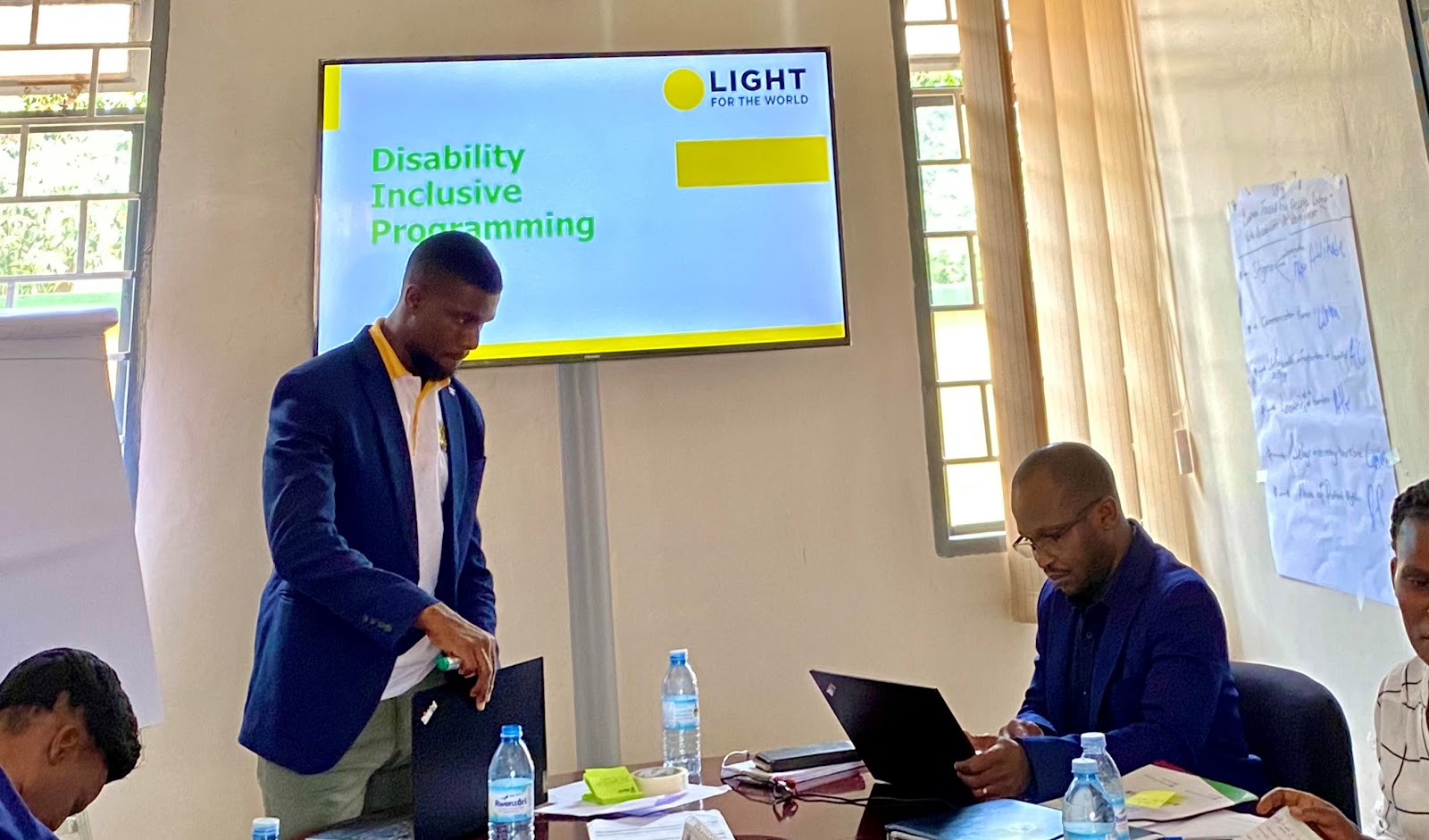Fueling Rehabilitation amidst Disasters and Pandemics
Article 11 of the United Nations (UN) convention on the rights of persons with disabilities mandates countries to support persons with disability in disasters Such as pandemics.
In times of disaster like the
current pandemic, Many people have experienced short or long-term disabilities
due to inadequate treatment. If rehabilitation intervention is provided in
time, they can reduce the probability of long term disability.
While giving therapy to persons with
physical impairments amidst lockdown, I’ve witnessed physiotherapy playing an
important role in fully integrating Persons with disabilities in society.
Ever since the Covid19 disaster
settled into Account many initiatives like stimulus funds, relief food packages
and online schooling to foster wellness of people during the covid19 disaster have
been put in place and are progressing swiftly.
However Persons with
Disabilities especially those in hard to reach areas have been left out in accessing
basic rehabilitation services like Physiotherapy in times of disasters.
Following the current Covid19 disaster,
the health condition of Children with disabilities has deteriorated, due to limited
access to rehabilitation services,
According to caretakers, kids Physical
impairments that had learnt how to walk by themselves now need walkers, and
some that could speak have retarded since there`s no interaction with speech therapist.
Many major health conditions such
as Bone fractures, spinal cord injuries, amputations, and peripheral nerves are
the common injuries during lockdown which can lead to long-term disability.
As we aim at achieve the
sustainable commercial goals of leaving no one behind. We need to integrate Physical
rehabilitation interventions such as physiotherapy, occupational therapy, speech
therapy, orthotics and prosthetics in natural/man-made disasters country response
plans.
Protecting and promoting the
rights of the vulnerable is at the core of disaster response. There remains an
ongoing need to promote a rights-based model of disability at during times of
crisis like pandemics, with adequate acknowledgement of the needs of those with
newly acquired and pre-existing disability.
Policy makers should work hand in
hand with existing local grassroots to strengthen their capacity and strengthen
capacity of community infrastructures to make rehabilitation inclusively
accessible.
 |
| Godfrey Nanyenya- Giving Therapy to children in slum communities |



Comments
Post a Comment